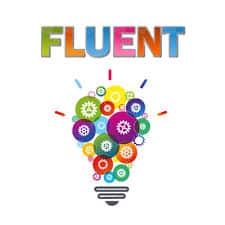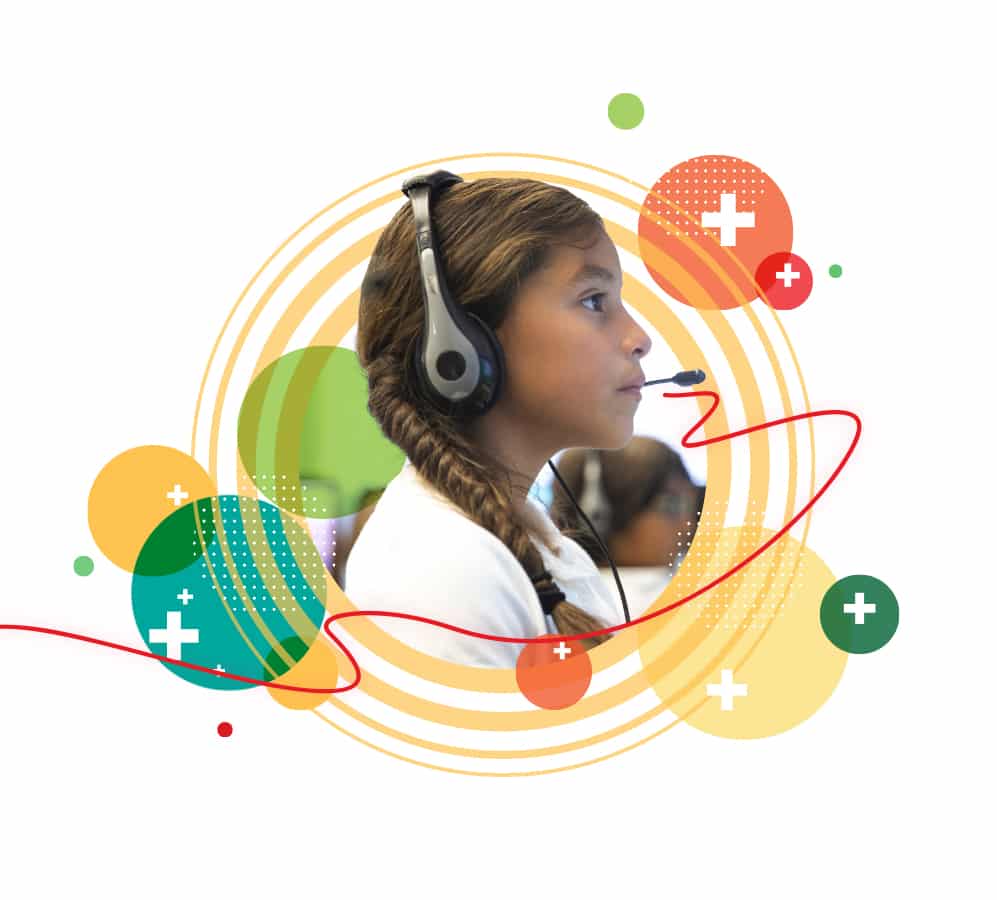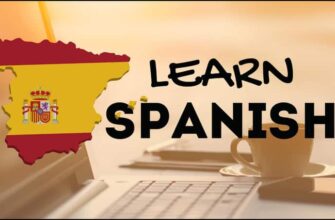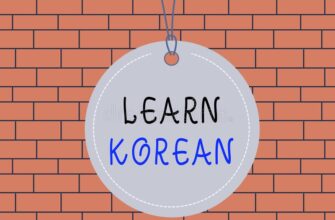Although a lot of individuals believe that being fluent is the same thing as being proficient. If you visit a country of native speakers you will quickly understand the difference between fluency and proficiency.
Just because you’re proficient doesn’t indicate that you are fluent. It is dependent on different speeds of conversation and understanding heavy accents.
All you need to do is watch a movie where the actors or actresses are talking in the native language. You will understand very quickly how unfamiliar you are with the thick accent that they are using. You might be fluent in a certain second language, however, you do not know a word they’re saying.

It’s likely to be fluent without being exceptionally proficient because it’s also feasible to become exceptionally skillful without being fluent. To deeply understand the difference between language fluency and proficiency just go through the post till the end.
- Difference between Language Fluency and Proficiency:
- A Quick Lesson in the History of the Word ‘Fluent’
- 0 – No Proficiency
- 1 – Elementary Proficiency
- 2 – Limited Working Proficiency
- 3 – Professional Working Proficiency
- 4 – Full Professional Proficiency
- 5 – Native / Bilingual Proficiency
- How to Improve Language Fluency?
- How to Improve Language Proficiency?
- Conclusion:
Difference between Language Fluency and Proficiency:
Fluency, whether it is in studying or in speech, describes the capability to communicate the exact message flawlessly. On the other hand, Proficiency is the capacity to comprehend and speak in the speech.
Proficiency is practiced by writing and reading. Children might be fluent in a language although not exceptionally skillful. They lack a particular degree of language which accompanies understanding the thickness of their language.
When it comes to fluency, there are numerous things to consider such as prosody of the speech, pronunciation, timing of the dialog and so on. Whereas proficiency is more about the language rather than the speech. You wouldn’t be fluent in the dialect but you can still be a skillful speaker.
Fluency is not possible to achieve without participating in the conversation using a fluent speaker of the language. But you can be proficient in any language by taking writing and reading training and enlarge your competence.
These are some of the simplest difference between language fluency and proficiency.
A Quick Lesson in the History of the Word ‘Fluent’
It’s unsurprising that the phrase ‘Fluent’ has Latin origins, which means ‘to flow’. Concerning talking, it usually means you could speak with a flow. The sounds and syllables linked to one another, creating a pure talking flow. It is possible to really be unbelievably fluid on your words and not be skillful, and vice versa.
An individual simply learning a second language may seem very eloquent with only a couple of important phrases. It is about learning that the circulation that is suitable for your own syllables and sounds together. You are able to take your current knowledge and audio eloquent since you create the paragraphs flow.
Finally, if your first aim is ‘Fluency’, you’ll be able to begin talking much earlier than somebody who has it as an end objective.
To clear the things further let’s find out different levels of language fluency.

- Basic fluency – This level has the 10000 of vocabulary, here the fluency can be seen in the basic words like talking about likes, needs, the order in restaurants, talking about family, favorite things, giving personal info and many other basic communicative words.
- Intermediate – This level of language fluency is for those who function practically well in the culture, society, describing people, things, events. And this vocabulary is of 20000, where the person knows a few traditional communicative words.
- Advanced – This level has a probable vocal level of 30000. And can comment/ suggests opinions on political issues, academic topics, and complex relationships. In this level, the person knows plenty of communicative works and also identifies and understands and logical differences with relative ease. At this stage, the person not only understands a lot but also the words come out naturally and with personal style, slant or opinion. You have good grammar knowledge and also notice other’s errors as well.
- Native equivalent – This fluent level has a vocabulary of 40000 words. At this level, the person can twist and control the language at their own will. People can invent new words and think easily. At this stage, the person feels more comfortable in the new language rather then what their native language is.
Just like different levels of fluency, language proficiency is also measured in different levels in four respective categories i.e. reading, writing, speaking and listening. Let’s discuss these levels of language proficiency one by one –
0 – No Proficiency
At this level, there is zero knowledge of the language. At this level, the person might know a few words, but unable to form sentences, deliver a speech, or get into a conversation.
1 – Elementary Proficiency
At this level, the person is able to form basic sentences, like questioning and answering simple things. This is the starting point of the proficiency levels.
2 – Limited Working Proficiency
The person at this level can operate the basic conversations freely. Here the people can carry on casual conversations with the cliques, friends, and others. However, at this level, there is still a need help for wide conversations in the language.
3 – Professional Working Proficiency
Someone at this proficiency level possibly has an accent but also requires help in understanding delicate and nuanced words. Despite this, the person at the third level has conversations with the clients and can communicate at normal speed and also has a fairly wide vocabulary.
4 – Full Professional Proficiency
This level person is highly advanced and full of professional fluency. Also, there is very little possibility of mistakes, minor accents or misspeak.
5 – Native / Bilingual Proficiency
Well, this is the 5th level of language proficiency and at this level, the person is considered a proficient speaker with complete fluency. The person either grown up speaking the language at their native language or might be speaking it for long
Now after knowing the different levels of language fluency and proficiency, I guess you are clear about the difference between language fluency and proficiency.
So now, let’s move on to how to improve fluency and proficiency to be a complete all-rounder.
How to Improve Language Fluency?

- Talk while reading and writing – While learning any new language writing is really important. You require completing different exercises to choose the correct word that fits into the sentence. But despite this reading, while writing can also help you to learn the phrases and become fluent.
Don’t hesitate from making mistakes and try your best to imitate the accent of a native. This will boost the confidence level and is really very valuable for improvements.

- Talk to Yourself – This is another important tactic that helps you to grow fluency in a new language. Whenever you are alone or at home, try to talk to yourself. This is indeed the best way to learn a language by yourself and grow your fluency.
Speak your thoughts loudly, or read out loud. Practice it yourself and this act will help you to become more comfortable in speaking the language.
- Try Speaking Tongue Twisters – We all know Tongue Twisters are the words that are difficult to speak. And try to speak the tongue twister is really helpful to become fluent in the new language.
So, find out the list of a tongue twister and practice it one by one to discover the right placement for mouth and tongue and also improve the pronunciation.
- Listen and Repeat – Listen to the TV shows or YouTube videos in your learning language carefully and try repeating the short part line by line, to match the tone, accent, and speed. Repeat this regularly on your own and keep talking even if you missed some of the words.
These tips will help you to sound like the native speakers, improve your pronunciation and become more fluent in the language relatively.
Let’s learn tips to improve proficiency in language learning.
How to Improve Language Proficiency?

- Write Diary/Journal – This might sound boring but really help you with your writing flow. Write down about your daily life, important incidents, events of your life, even the bad experiences of your life. This not only helps you to heal but also shape your thoughts and emotions.
Writing regularly allows you to memorize the complex grammar patterns, vocabulary and become an intelligent speaker.

- Watch Movies and Shows – This is a common but effective tactic to become proficient in a language. Watching movies shows in the new language is really helpful. This helps you to shape your vocabulary and even daily conversations and impressions. You can also put on the subtitles and listen through earphones to develop an extra edge to your practice.
- Watch Interviews – Believe me, this is really FUN…!! I have always an ardent fan of talk-shows, this helps me to learn new words, phrases and strengthen my vocabulary. The hosts and guests are so communicative and powerful orators that you can always have something new to learn
Watching the talk-shows, interview not only uplifts the vocabulary but also elucidates you how to aptly conduct your speech.
- Read Newspapers & Magazines – Reading the newspapers may sound monotonous and little over-ambitious to try but is worth to try. Try to read the titles, subheading and point the words you never knew before. Reading the newspapers, magazines help you learn advanced words and also develop better knowledge.
Conclusion:
So, these are the difference between language fluency and proficiency, hope the above-detailed reflection makes sense to you.
However the proficiency and fluency can overlap to some extent – as the more proficient you are in a language or any topic, the more likely you have the same fluency level.
And similarly, you can’t be very fluent if you are not very proficient.
Both are equally essential in any language so try your best to be fluent and proficient as well.
There are many language learning apps such as Mosalingua, Memrise, Yabla, etc. that will help you to get proficient and fluent in the targeted language.
So, all the best and happy learning…!








